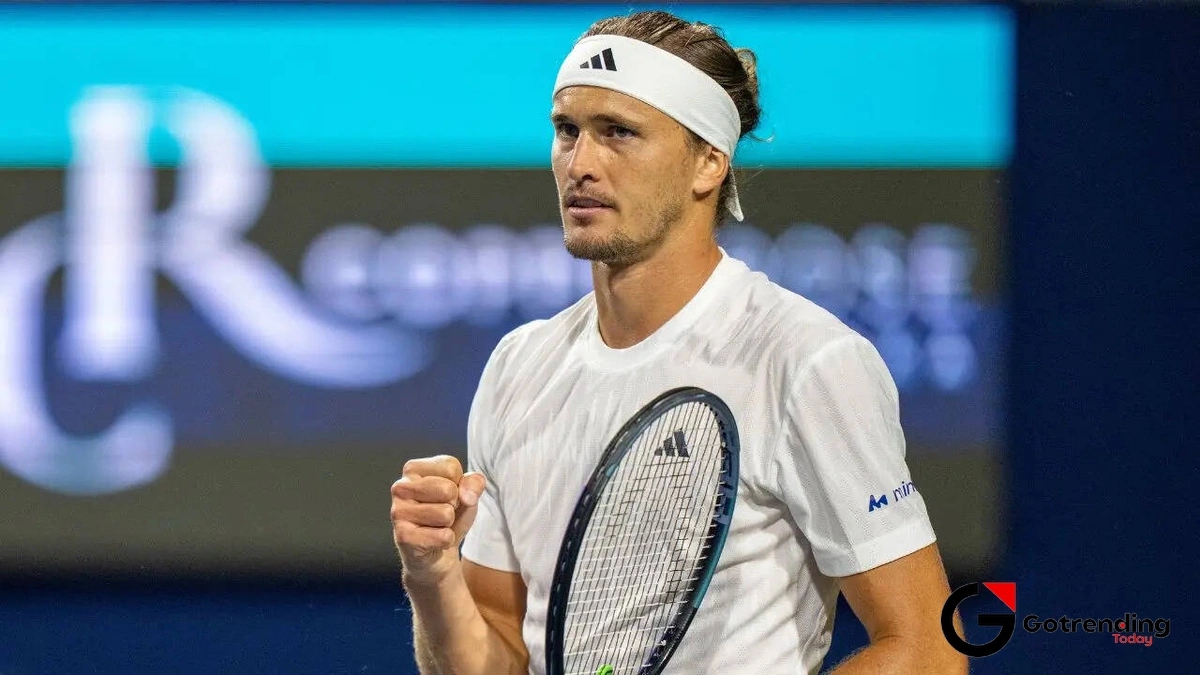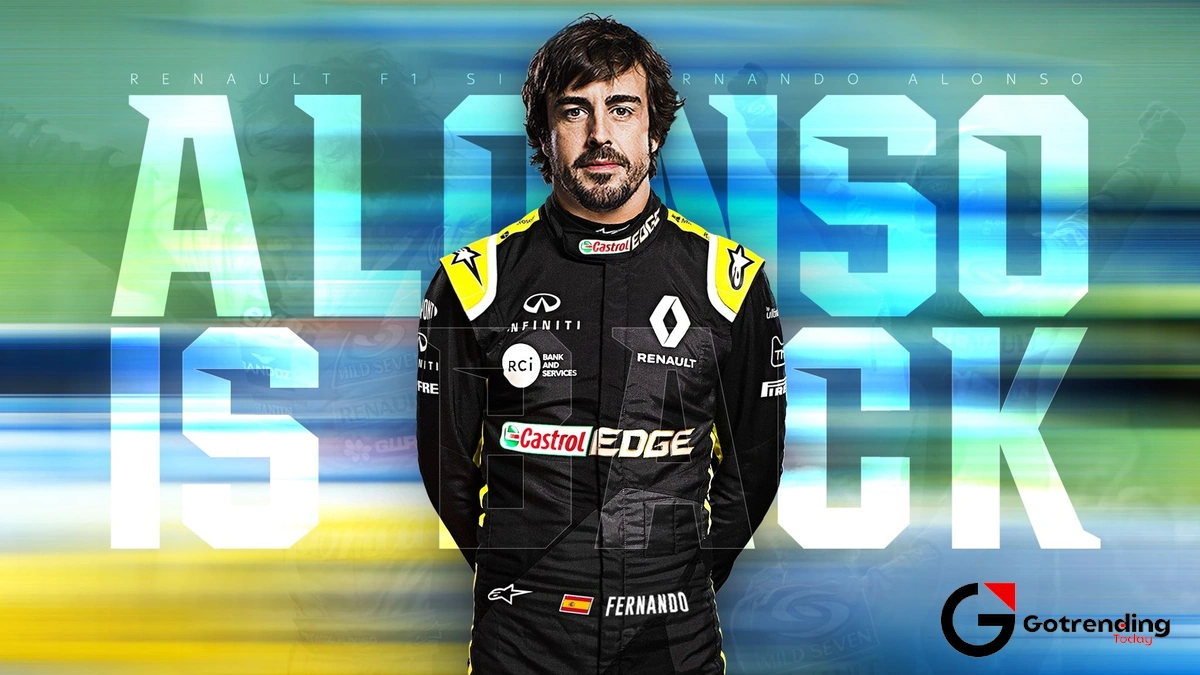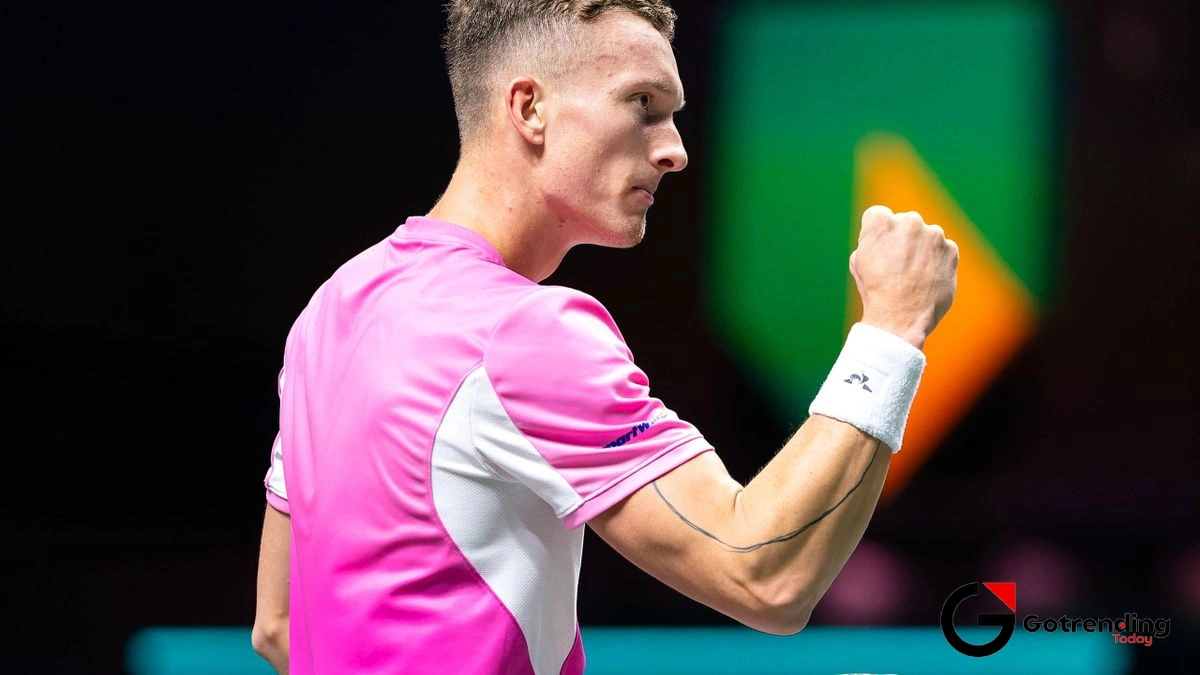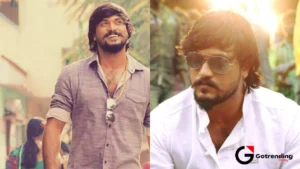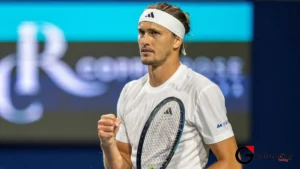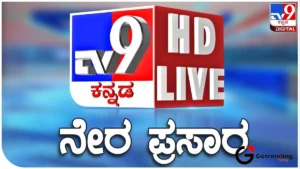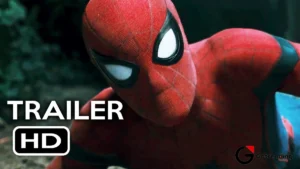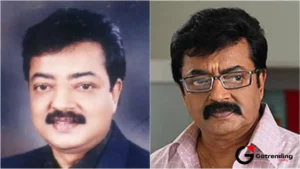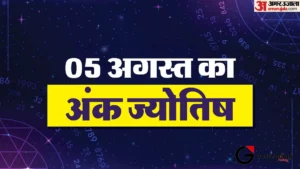The Zverev Paradox | Why Tennis’s Most Complicated Star Is Having His Moment
Let’s sit down for a minute, you and I. Grab a coffee. Because we need to talk about Alexander Zverev .
If you watched the recent French Open, you saw a giant of a man, all 6-foot-6 of him, stretching for every ball, blasting serves that could knock down a wall, and unleashing a backhand that’s arguably the best in the business. You saw a player who, after a career-threatening injury, clawed his way back to the absolute pinnacle of the sport: a Grand Slam final. It was a picture of resilience, talent, and sheer bloody-mindedness.
But here’s the thing. For so many people watching, that picture was… complicated. It’s always complicated with Zverev. He is, without a doubt, the most compelling and confounding figure in men’s tennis today.
He’s the prodigy who was always meant to win a dozen Slams but, until now, couldn’t quite get over the final hurdle. He’s the comeback king who rebuilt his ankle and his career. And, in a story that can’t be ignored, he’s the man who has operated under the long, dark shadow of serious off-court allegations.
So, who is the real Sascha Zverev? The on-court gladiator or the deeply flawed figure? What fascinates me is that the answer probably isn’t one or the other. It’s both. And that, my friend, is the Zverev Paradox.
The Making of a Prodigy | The “Can’t Miss Kid”
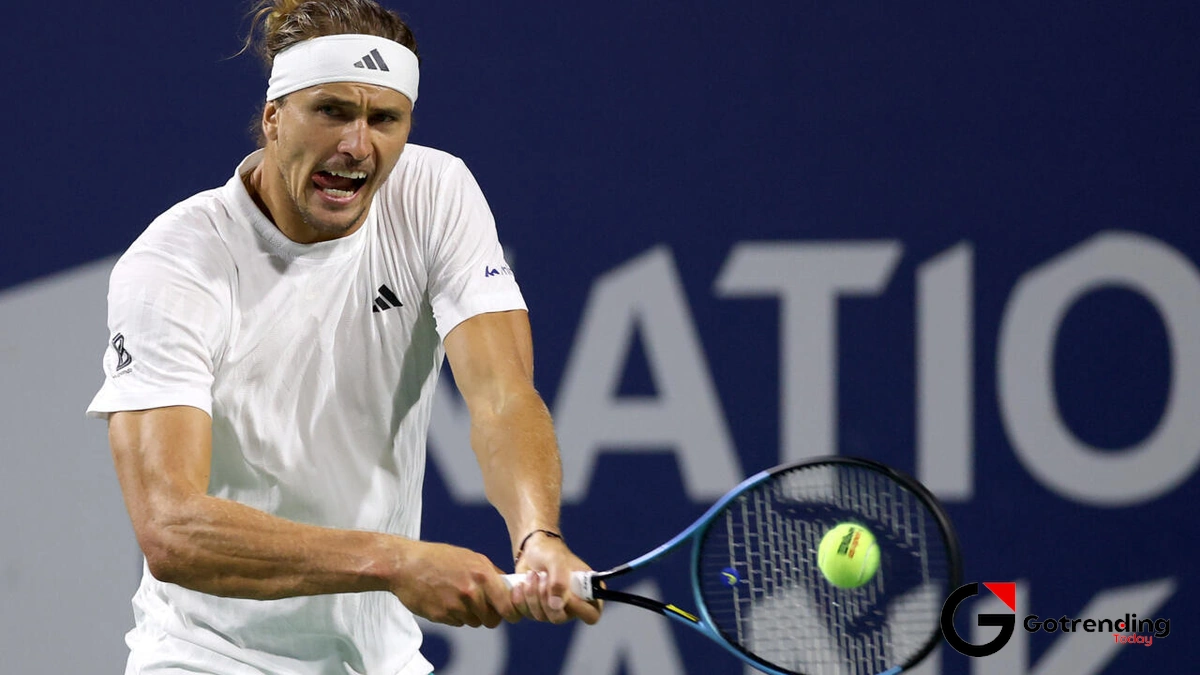
To understand the pressure on Zverev, you have to go back to the beginning. Tennis is in his blood. His parents, Alexander Sr. and Irina, were professional players for the Soviet Union. His older brother, Mischa, is also a pro. He was practically born with a racquet in his hand.
And boy, did he look the part. By the time he was a teenager, the hype was real. He had the height, the power, and the kind of clean, thunderous groundstrokes that coaches dream about. When he won the ATP Finals in 2018 the unofficial “fifth major” by beating Roger Federer and Novak Djokovic back-to-back, it wasn’t a question of if he would win a Grand Slam, but how many.
He was crowned the leader of the “Next Gen,” the group of young guns destined to take over from the Big Three. He had everything. Almost.
The Great Wall of the Big Three (And Self-Inflicted Wounds)
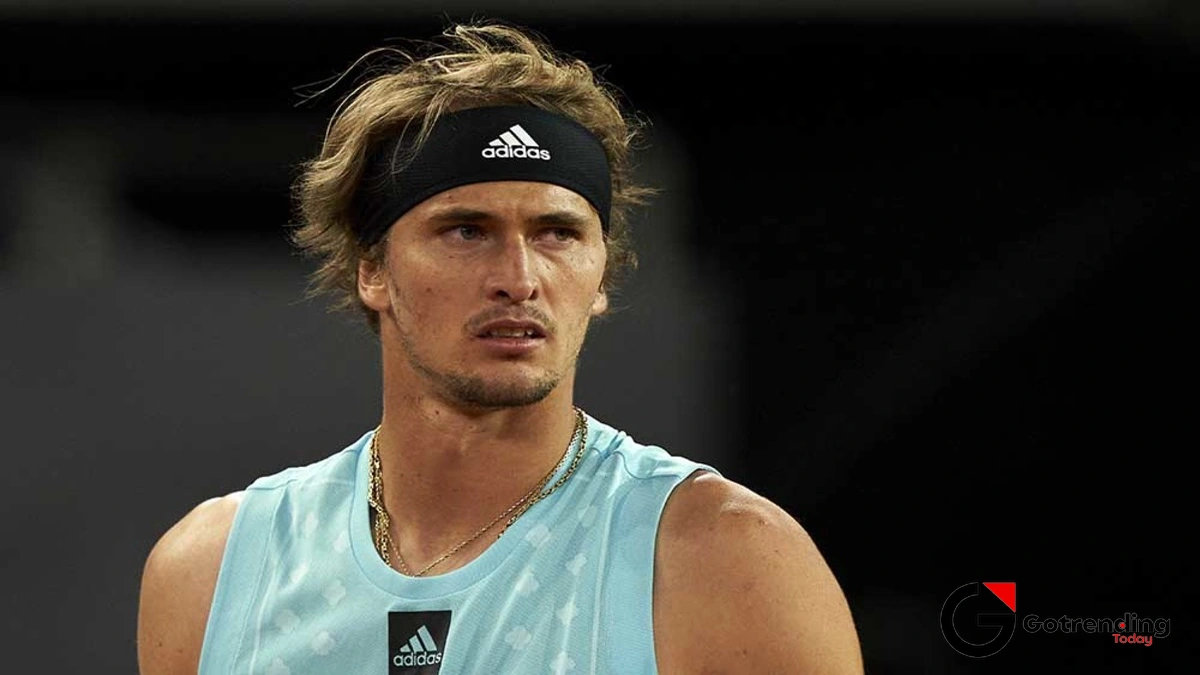
Here’s a dose of reality for any aspiring tennis great of the last two decades: your timing stunk. Zverev, like so many others, ran headfirst into the great wall of Federer, Nadal, and Djokovic. They weren’t just players; they were gatekeepers of greatness, and they weren’t letting anyone through without a fight to the death.
But it wasn’t just the legends across the net. For years, Zverev was his own worst enemy in the big moments. You’d see it happen in slow motion. A tight fifth set in a major, and suddenly the bazooka of a second serve would turn into a powder puff. The aggressive game would become tentative. He’d look to his player’s box with a kind of desperate panic, a child lost in a supermarket. He reached a US Open final in 2020 and was two points away from the title… and lost. It became a pattern.
It was maddening to watch because the talent was so screamingly obvious. But under pressure, the machine would sputter. The hardware was top-of-the-line, but the software seemed to have a bug.
The Shadow Off the Court | Addressing the Elephant in the Room
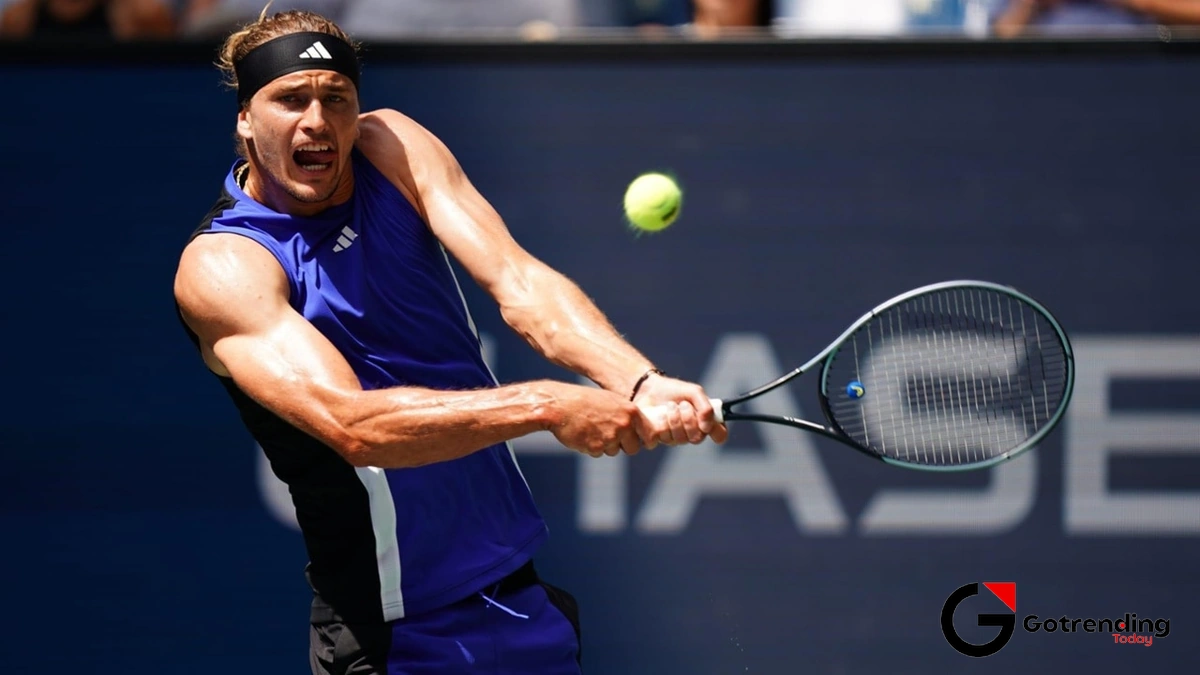
And then there’s the part of the story that makes a simple sports narrative impossible. Let’s be honest: you can’t talk about Alexander Zverev without talking about the domestic abuse allegations made by two former partners.
This isn’t just gossip; it escalated to formal legal proceedings. Most recently, a German court case regarding an accusation from his ex-girlfriend, Brenda Patea, the mother of his child, began in Berlin. Before a verdict was reached, the case wasclosed following an out-of-court settlement. It’s crucial to note that, as part of this settlement, Zverev made no admission of guilt. Legally, he is presumed innocent.
But the damage to his reputation was immense. For many, the details that emerged were deeply disturbing. It created a chasm in the tennis world. How do you cheer for a player under such a cloud? What responsibility do tournaments and sponsors have? These are uncomfortable questions with no easy answers. It’s a heavy, complicated topic that rightly follows him into every press conference and colours every victory. For a deeper analysis of how public figures navigate such complex legacies, one might look at historical figures likeJawaharlal Nehru and his legacy, which is also viewed through multiple, often conflicting, lenses.
The Comeback Kid | Injury, Resilience, and a Newfound Maturity?
Just as the questions around him swirled, his body gave way. During the 2022 French Open semifinal against Rafael Nadal a match where he was playing arguably the best tennis of his life he went for a forehand and his right ankle simply… disintegrated. The scream was horrifying. He left the court in a wheelchair.
He tore three ligaments and required surgery. For a player whose game is built on explosive movement, it was a potentially career-ending injury. Many thought he’d never be the same.
But they were wrong.
The long, gruelling road to recovery seems to have forged something new in him. The Zverev we see now the one who made the Zverev vs Alcaraz French Open final a true battle seems different. He’s calmer. More focused. The on-court tantrums are rarer. He looks like a man who has stared into the abyss of losing everything he’s ever worked for and has come back with a different perspective.
Is it maturity? Is it the clarity that comes from a crisis? I don’t know. But his tennis is speaking volumes. He’s no longer the “Can’t Miss Kid.” He’s a man who has missed, has fallen hard, and has gotten back up, again and again. It’s a compelling narrative, especially for those who follow the ups and downs of high-stakes environments, not unlike tracking the volatility ofIEX share price.
Frequently Asked Questions about Alexander Zverev
What is Alexander Zverev’s current ranking?
As of mid-2024, Alexander Zverev is firmly ranked in the top 5 in the world. His exact Alexander Zverev ranking fluctuates with each tournament, but he has been a consistent presence at the top of the game since his return from injury.
Has Zverev ever won a Grand Slam?
No, not yet. He has come incredibly close, reaching two Grand Slam finals: the US Open in 2020 and the French Open in 2024. He has, however, won the ATP Finals twice (2018, 2021) and an Olympic gold medal (2020).
What was the outcome of the court case in Germany?
The Alexander Zverev domestic abuse case was closed in June 2024 after an out-of-court settlement was reached between Zverev and his accuser. Zverev did not admit any guilt as part of the settlement, and the case did not proceed to a verdict.
What was the terrible ankle injury Zverev suffered?
During the 2022 French Open semifinal against Rafael Nadal, Zverev slipped and tore all three lateral ligaments in his right ankle. The Zverev injury required surgery and kept him off the tour for over six months.
Who is Alexander Zverev’s girlfriend?
Alexander Zverev is currently in a relationship with Sophia Thomalla, a well-known German actress, model, and media personality. She is often seen supporting him from his player’s box during tournaments.
So, we’re back where we started. With Zverev, the victory is never just a victory, and the story is never just about tennis. He forces us to hold two conflicting ideas in our heads at the same time: immense athletic achievement and serious real-world controversy. He is not a simple hero we can blindly adore.
And maybe that’s the point. In an age of polished PR and carefully crafted images, Zverev is messy. He’s complicated. He’s human, with all the brilliance and baggage that entails. Whether he ever lifts that elusive Grand Slam trophy or not, his legacy will be that of a phenomenal talent who made us cheer, made us think, and, above all, never, ever allowed us to simply look away.
